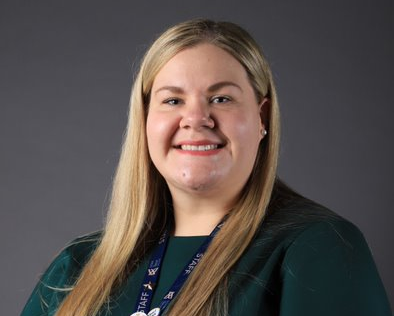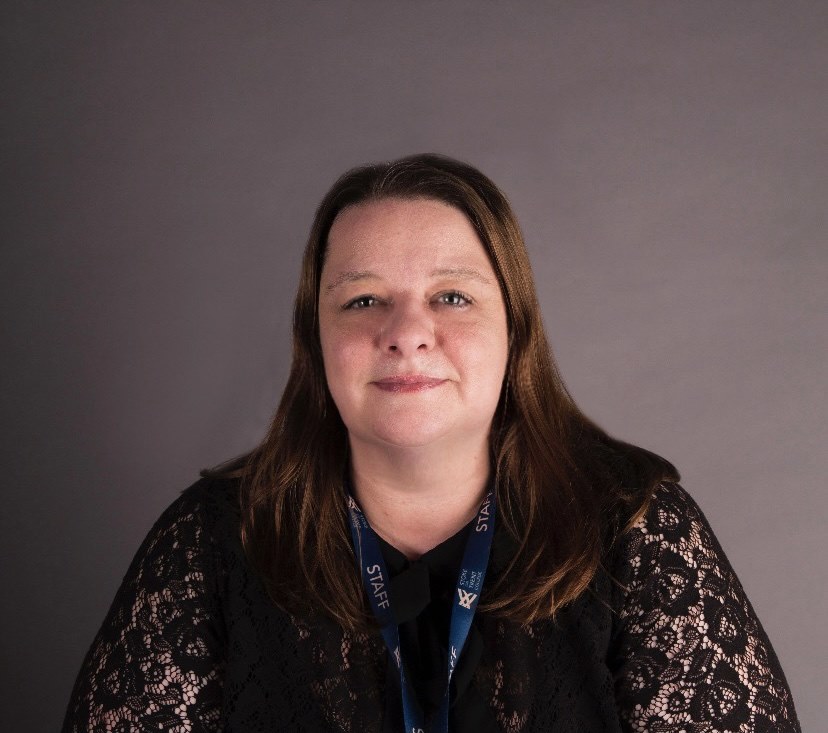The College recognises the importance of providing a safe learning environment for all students, as well as being proactive in challenging extreme views and behaviours which does not reflect British values and culture. This page includes links to our Safeguarding Policy and PREVENT Strategy, aimed at safeguarding learners and challenging extremism.
Learner Safeguarding Team




Contact Daytime Safeguarding Duty Team
Call: 01782 603670
Email: safeguarding@stokecoll.ac.uk
Campus Duty Manager
Burslem: 07786 113856
Cauldon 07796 708214
What are British Values?
To view our Key Policies and Procedures, please click here.
Useful Links:
Educate Against Hate
Issues around Radicalisation
Act Campaign
Childnet offers a toolkit to support parents and carers of children of any age to start discussions about their online lives and to find out where to get more help and support.
Commonsensemedia provides independent reviews, age ratings, & other information about all types of media for children and their parents.
Government advice about protecting children from specific online harms such as child sexual abuse, sexting, and cyberbullying.
Internet Matters provides age-specific online safety checklists, guides on how to set parental controls, and practical tips to help children get the most out of their digital world.
How Can I Help My Child? Marie Collins Foundation – Sexual Abuse Online.
Let’s Talk About It provides advice for parents and carers to keep children safe from online radicalisation.
London Grid for Learning provides support for parents and carers to keep their children safe online, including tips to keep primary-aged children safe online.
Stopitnow resource from The Lucy Faithfull Foundation can be used by parents and carers who are concerned about someone’s behaviour, including children who may be displaying concerning sexual behaviour (not just online).
National Crime Agency/Thinkuknow: Advice/resources on how to deal with concerns about what children may be doing online including advice on how to help challenge harmful sexual attitudes and start a conversation to support positive sexual behaviour.
Parentzone provides help for parents and carers on how to keep their children safe online.
Talking to your child about online sexual harassment: A guide for parents – This is the Children’s Commissioner’s parental guide on talking to their children about online sexual harassment.
#Ask the awkward – Child Exploitation and Online Protection Centre guidance to parents to talk to their children about online relationships.
NSPCC – Resources which help adults respond to children disclosing abuse.
UK Safer Internet Centre – Provides advice and support to children, young people, parents, carers and schools about staying safe online.
Barnardo’s – UK charity caring for and supporting some of the most vulnerable children and young people through their range of services.
Childline provides free and confidential advice for children and young people.
Anti-Bullying Alliance – Detailed information for anyone being bullied, along with advice for parents and schools. Signposts to various helplines and websites for further support.
Rape Crisis – Provide and signpost to a range of services to support people who have experienced rape, child abuse or any kind of sexual violence.
The Survivors Trust – UK-wide national umbrella agency with resources and support dedicated to survivors of rape, sexual violence and child sex abuse.
Victim Support – Supporting children and young people who have been affected by crime. Also provides support to parents and professionals who work with children and young people – regardless of whether a crime has been reported or how long ago it was.
HSB toolkit The Lucy Faithfull Foundation – designed for parents, carers, family members and professionals, to help everyone play their part in keeping children safe. It has links to useful information, resources, and support as well as practical tips to prevent harmful sexual behaviour and provide safe environments for families.
Need more help?
If there is an instance when our site does not meet the need of a specific disabled user group we will make changes to our current content, wherever appropriate, so that w e can become more inclusive to a wider audience. Please contact us if this is the case at info@stokecoll.ac.uk.
 |
Connect with us
|
Connect with us